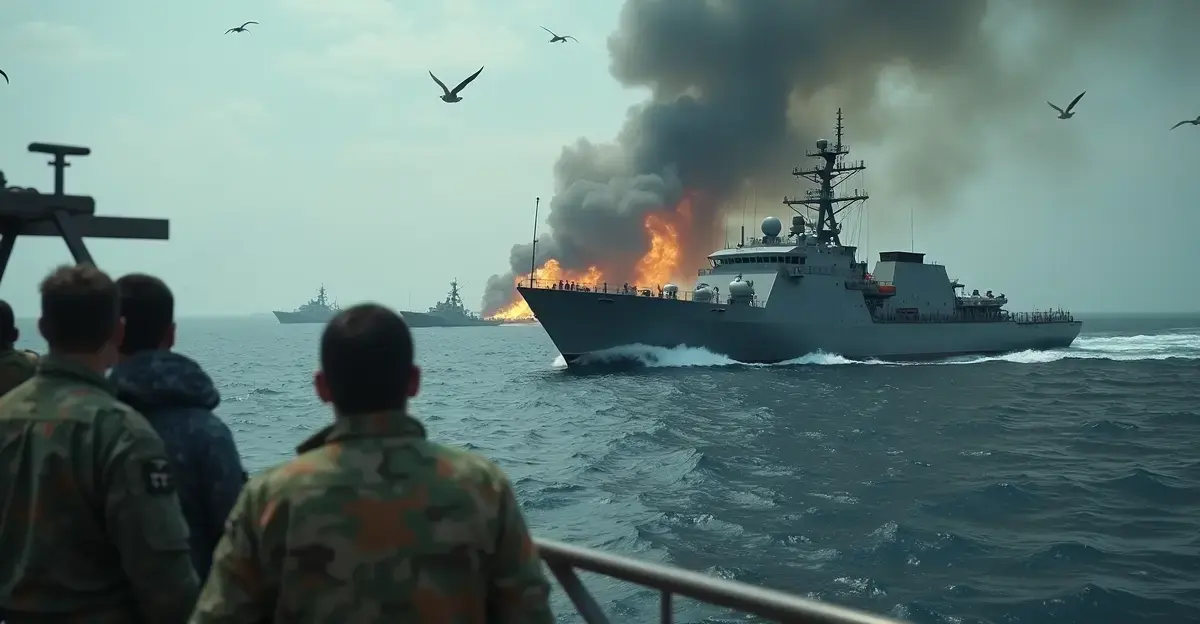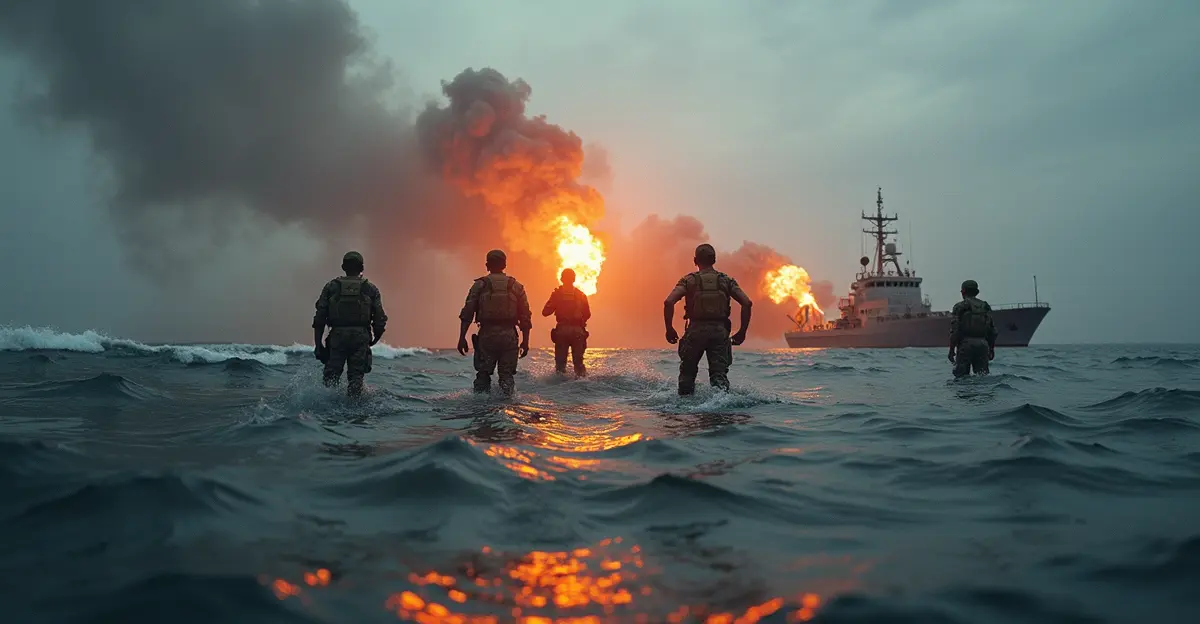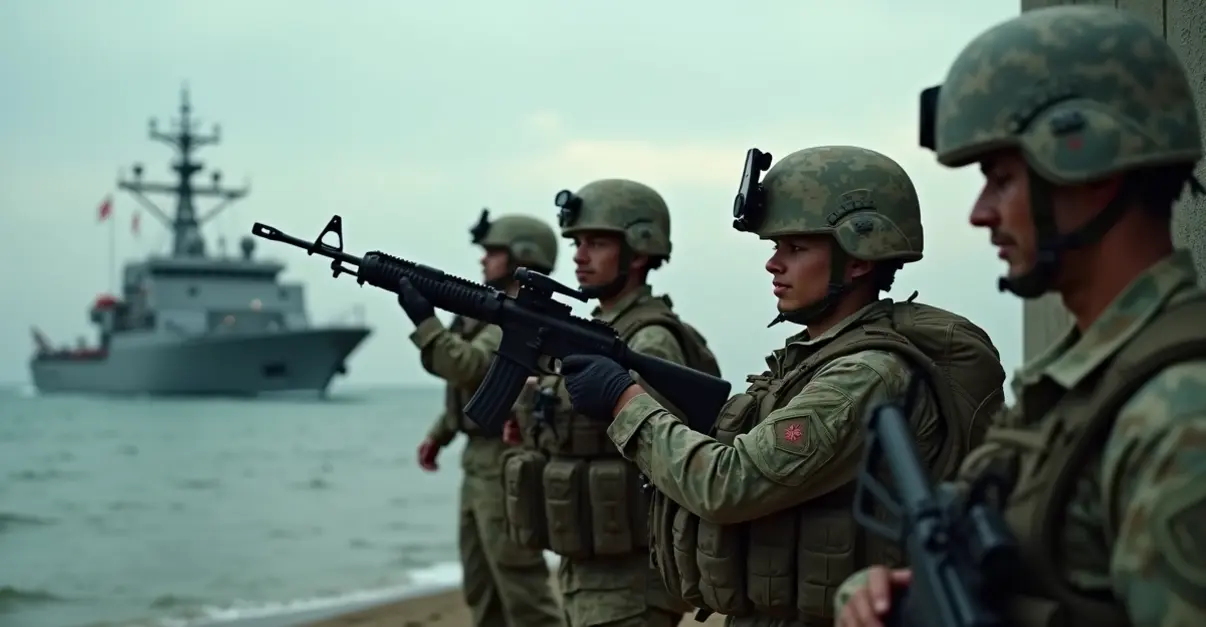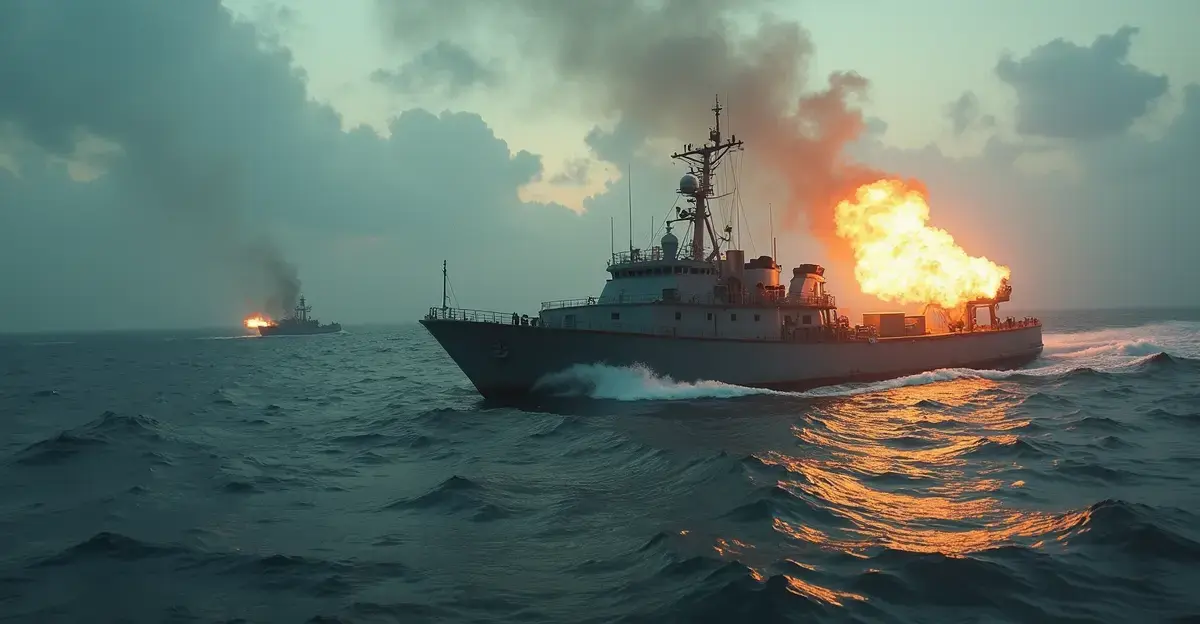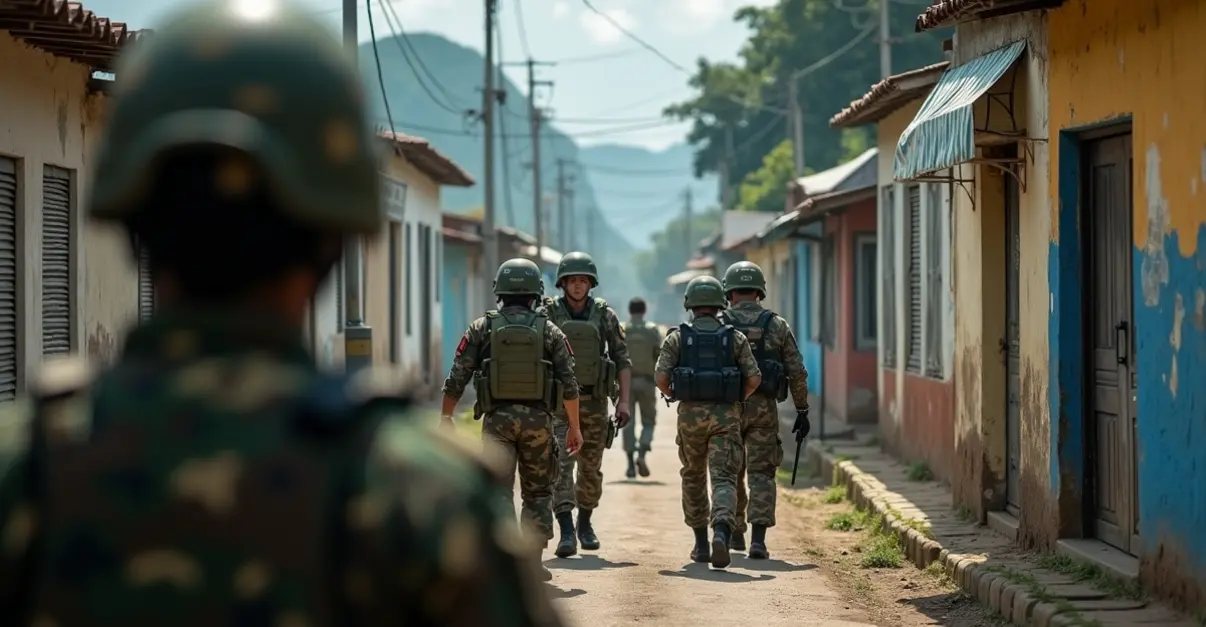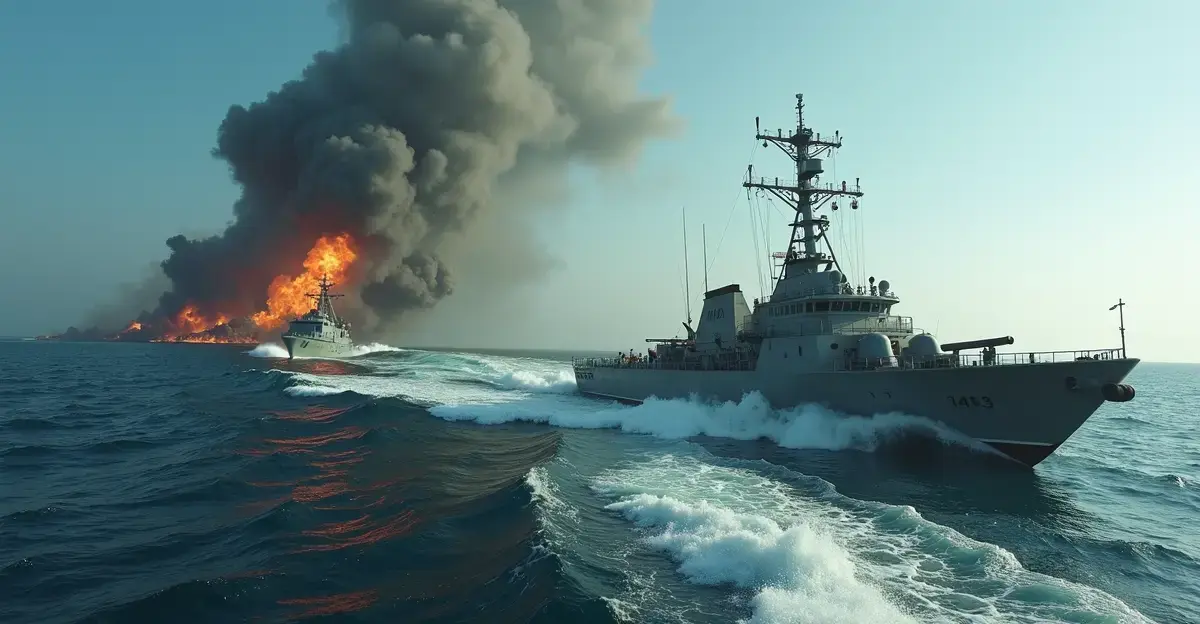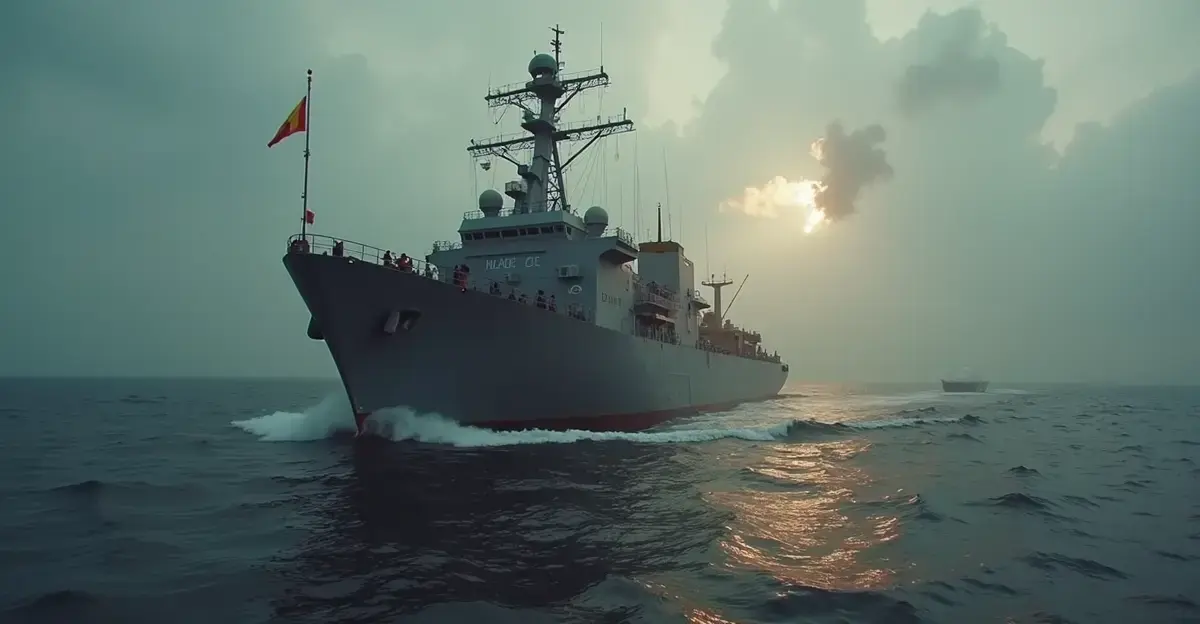Escalating US Military Operations in Caribbean Waters
The United States military has conducted its sixth strike on a suspected drug trafficking vessel in the Caribbean Sea, marking the first such attack to leave survivors since the controversial operation began in September. According to multiple news reports, two or three people survived Thursday's strike, with U.S. military search and rescue assets deployed to the scene. 'This is the first time we've seen survivors in these operations,' a U.S. official told Reuters on condition of anonymity.
Growing Controversy Over Legal Basis
The Trump administration has justified these strikes by declaring drug cartels as "unlawful combatants" in what they describe as a "non-international armed conflict." However, legal experts and human rights organizations have raised serious concerns about the legality of these operations. 'These strikes constitute murder, pure and simple,' said Hina Shamsi, director of the ACLU's National Security Project.
The latest incident comes amid a significant military buildup in the region, with the U.S. deploying eight warships, F-35 fighter jets, a nuclear submarine, and approximately 10,000 forces to the Caribbean. Prior to this attack, at least 27 people had been killed in five confirmed U.S. strikes on alleged drug boats since early September.
CIA Authorization and Regional Tensions
President Trump confirmed earlier this week that he has authorized CIA covert operations inside Venezuela, citing concerns about drug trafficking and Venezuela allegedly "emptying their prisons into the United States." The administration has offered a $50 million bounty for information leading to the capture of Venezuelan President Nicolás Maduro, whom they accuse of controlling the Tren de Aragua drug cartel.
Venezuela has strongly condemned both the military strikes and the CIA authorization. 'These are extrajudicial executions and serious violations of international law,' Maduro stated in response to Trump's announcements. The Venezuelan government has sent a formal complaint to the United Nations Security Council, requesting an investigation into what they call "illegal military actions" and seeking support for Venezuela's sovereignty.
International Response and Congressional Concerns
Lawmakers from both parties have expressed concerns about the administration's approach. Several senators have questioned the legal basis for the strikes and the lack of congressional authorization for military actions that some argue could escalate into broader conflict. The administration has not provided detailed evidence supporting claims that the targeted vessels were carrying narcotics.
The situation represents a significant escalation in U.S.-Venezuela relations, which have been strained since Maduro took power. The Trump administration continues to recognize the National Assembly elected in 2015, though it stopped recognizing opposition leader Juan Guaidó's presidential claim in 2023 when the interim government was dissolved.
As tensions continue to mount in the Caribbean, human rights organizations and international legal experts are calling for greater transparency and adherence to international law in what appears to be an expanding military campaign against alleged drug trafficking networks.

 Nederlands
Nederlands
 English
English
 Deutsch
Deutsch
 Français
Français
 Español
Español
 Português
Português
